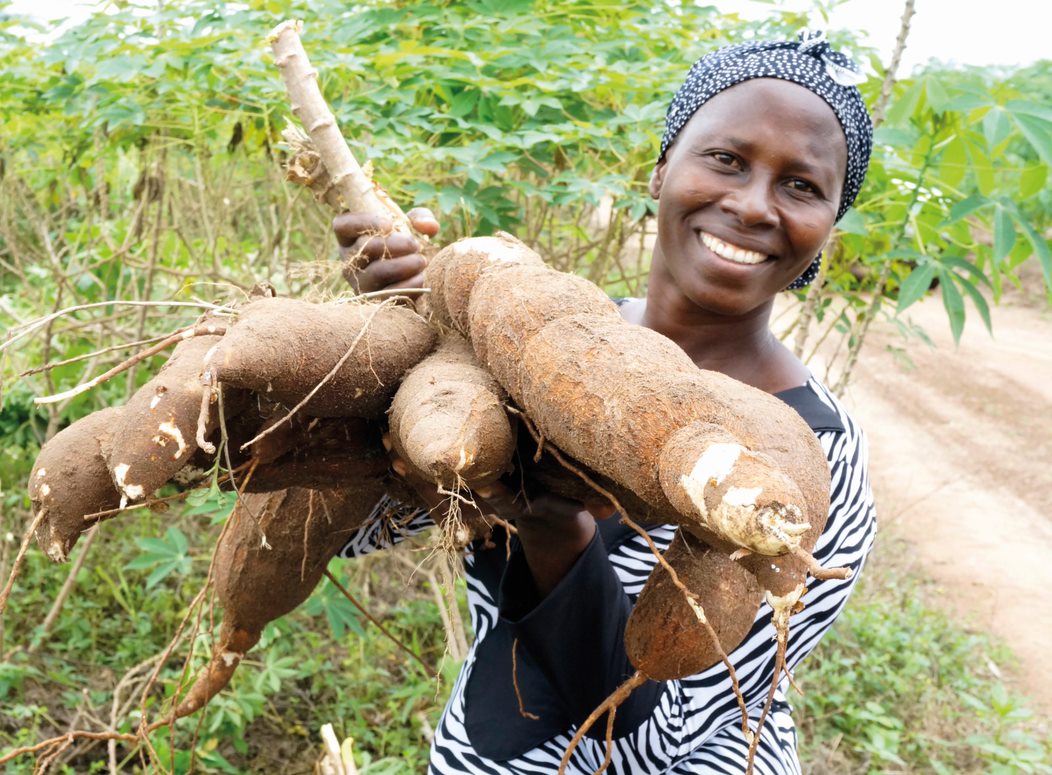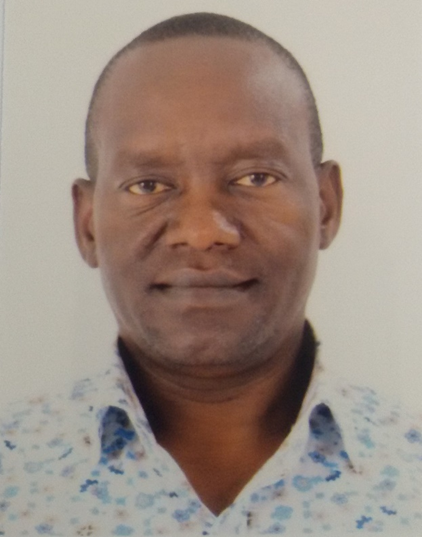
[Nairobi, June 2022]: African experts have called for capacity and institutional infrastructural development that can act as shock absorbers to minimise impacts on economies occasioned by global spikes in prices of fertilisers and basic commodities.
The call to action was made by agricultural experts during a virtual meeting hosted by AATF to discuss current global trends, their drivers as well as impact on the agricultural sector.
Dr. Canisius Kanangire, the Executive Director of AATF, noted that the impact of the Russia-Ukraine conflict on food security has been concentrated on countries highly dependent on wheat imports from the Black Sea region, given the important role that wheat products play in the diets of people in these countries.
In Africa, he observed, the crisis has exposed the vulnerability of the continent’s food systems.
“The big question is, how should African countries respond to the crisis?” he posed, adding that the direct and indirect impact of the crisis on Africa’s agriculture deserves a closer look, not only on how it negatively impacts the sector but also considering emerging opportunities to rethink African agricultural investment going into the future.
He stated that the Russia-Ukraine conflict has led to the largest commodity price shock since the 1973 oil crisis, elevating prices for years to come.
According to Dr. Ousmane Badiane, the Founder and the Executive Chairperson of AKADEMIYA2063, Africa needs to understand patterns in global shocks and the nature of vulnerability to save livelihoods. He urged African governments to have institutional frameworks, including technical experts that allow governments to anticipate and analyse impacts of the shocks.
“It is about our capacity to understand the shocks and plan around them. Even if we were to double Africa’s agricultural production today, the shocks in the global market would be transmitted to our local markets,” he pointed out.
Dr. Badiane added that the fertiliser production challenges in Africa are due to low purchasing power by smallholder farmers. He said Africa was still at risk and may not cushion itself because of the high cost of fertiliser production marked with low demand in the continent.
Mr Kabir Ibrahim, an architect and the National President of the All-Farmers Association of Nigeria (AFAN), said that the vulnerability of Africa’s economy to various shocks—such as the Covid-19 pandemic, Russia-Ukraine war and insecurity—could only be mitigated by the evolution of an efficient “Africa food system”.
“All countries in Africa must commit to sizeable investments in agriculture to bolster their food systems to avert further stresses and challenges of food and physical insecurity pervading the entire continent,” he said.
Mr Ibrahim added that the Russia-Ukraine war should serve as a wake-up call to Africa if the continent wants to become sustainably competitive and prosperous.
“The smallholder farmers are the engine of agricultural production in Africa. With the low level of mechanisation in the continent they must be directly subsidised to attain a reasonable level of food sufficiency,” he stated.
Dr. Daniel Kyalo Willy, a programme officer and policy expert at AATF, said the Russia-Ukraine crisis has exposed the vulnerability of Africa’s food systems, thereby raising the need for strategic actions to reduce the over-dependence on a few countries for strategic food commodities.
“There is a need to diversify the content of the food basket with inclusion of locally produced food commodities,” he said. Dr Kyalo proposed tapping into agro-ecological diversity to boost production of priority crops through incentives for production, processing, blending and consumption of locally produced agricultural commodities.
########
About AATF (www.aatf-africa.org)
Founded in 2003 to address Africa’s food security prospects through agricultural technology, AATF believes that the agricultural sector is a key foundational pillar as Africa consolidates its economic growth and carves out its new position as a major global economic powerhouse and the next growth market in the world. It was formed in response to the need for an effective mechanism that would facilitate and support negotiation for technology access and delivery and formation of appropriate partnerships to manage the development and deployment of innovative technologies for use by smallholder farmers in Sub-Saharan Africa.
For more information, please contact:
George Achia, Communications Officer, Eastern and Southern Africa, AATF; g.achia@aatf-africa.org; +254 785334163





















































































